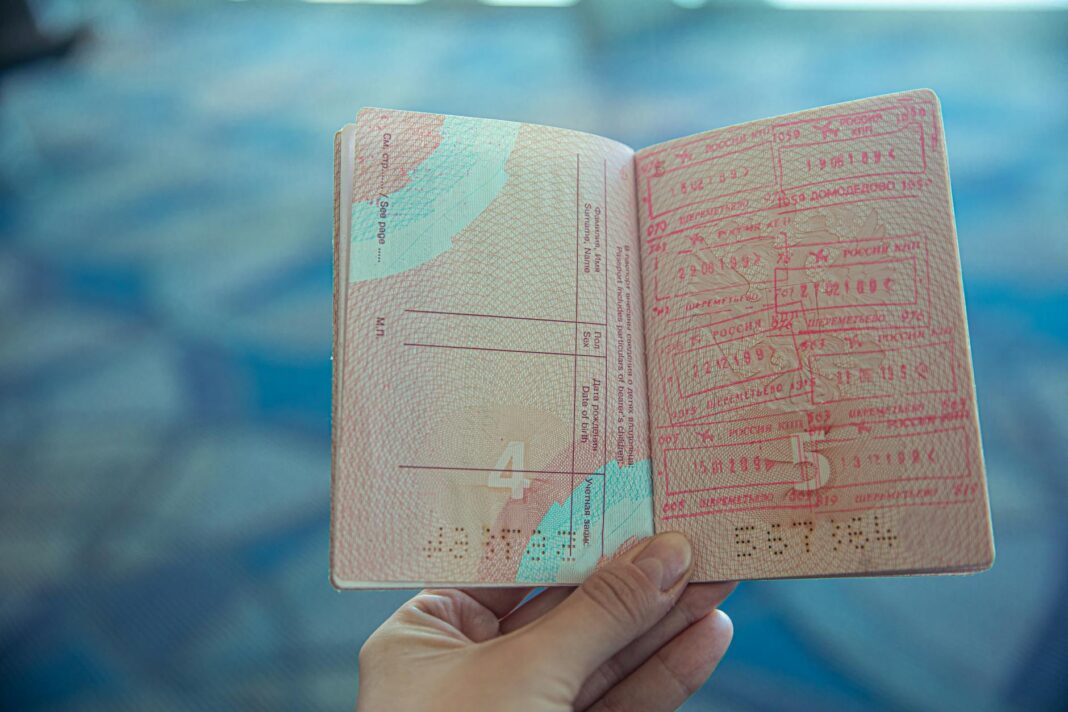Visa Crackdown on Celebrants of Charlie Kirk’s Death
In a bold move, Secretary of State Marco Rubio announced on Monday that the U.S. government is initiating visa revocations for foreign visitors who have publicly celebrated the death of conservative figure Charlie Kirk. This announcement comes on the heels of a disturbing trend on social media and public forums where individuals have openly expressed joy and satisfaction over Kirk’s demise, highlighting a troubling shift in political discourse that has become increasingly caustic and divisive.
Rubio’s remarks are not just a reaction to isolated incidents but rather reflect a growing concern about the overall tone of political discussions in the United States. In an era where social media amplifies voices, even the fringe opinions can gain traction and influence public sentiment. The Secretary’s statement serves as a reminder that while the First Amendment guarantees freedom of speech, there are lines that should not be crossed—especially when it comes to celebrating violence or death.
The decision to revoke visas for those who cheer on Kirk’s death sends a message: the U.S. government is drawing a line against behavior that undermines the dignity of political discourse. Rubio emphasized that America will not be a haven for individuals who find delight in the suffering or death of others, regardless of their political beliefs. This stance raises important questions about the moral responsibilities that accompany free speech in a democratic society.
What’s particularly striking about this situation is the speed with which it unfolded. It wasn’t long ago that public figures were simply criticized for their views or actions; now, it seems there’s a readiness to celebrate their death as a form of political commentary. This evolution has serious implications for the fabric of political dialogue in America, as it fosters an environment where hostility can thrive. Celebrating a person’s death, regardless of their political stance, not only diminishes the individual but also contributes to an overall atmosphere of intolerance.
Rubio’s announcement comes amidst a backdrop of heightened political polarization, where the lines between acceptable discourse and outright hostility are becoming increasingly blurred. The emotional toll of this polarization is palpable. Many citizens feel torn between expressing their opinions and navigating the increasingly charged environment that characterizes political conversations today. The government’s move to revoke visas can be seen as an attempt to re-establish a sense of civility and respect in public discourse.
Moreover, this initiative could potentially serve as a deterrent. By taking a stand against those who engage in celebrating death, the government might discourage others from following suit. It raises the stakes for foreign nationals who may consider voicing extreme opinions, knowing that such actions could have real-world consequences, including losing their ability to visit or stay in the United States. This action could compel individuals to think critically about the messages they share publicly, especially regarding sensitive topics.
Yet, the implications of this visa revocation policy extend beyond mere deterrence. It invites a broader conversation about the limits of free speech and the responsibilities that come with it. As America grapples with its political identity, it’s crucial to find ways to foster healthy debate without crossing into the territory of hate or celebration of violence. The government’s stance may encourage citizens, both domestic and foreign, to engage in more thoughtful and civil discourse, emphasizing the importance of dialogue over divisive rhetoric.
Ultimately, Rubio’s announcement is a wake-up call. It serves as a reminder that while the right to express opinions is fundamental, there must also be accountability for how those opinions are expressed. The U.S. is at a crossroads where it must reaffirm its commitment to civil discourse, respect for life, and the pursuit of political dialogue that seeks to unite rather than divide.
Questions
What impact do you think visa revocations will have on free speech?
How can the U.S. better promote civil discourse among its citizens?
Do you believe this move will deter others from celebrating political deaths?




